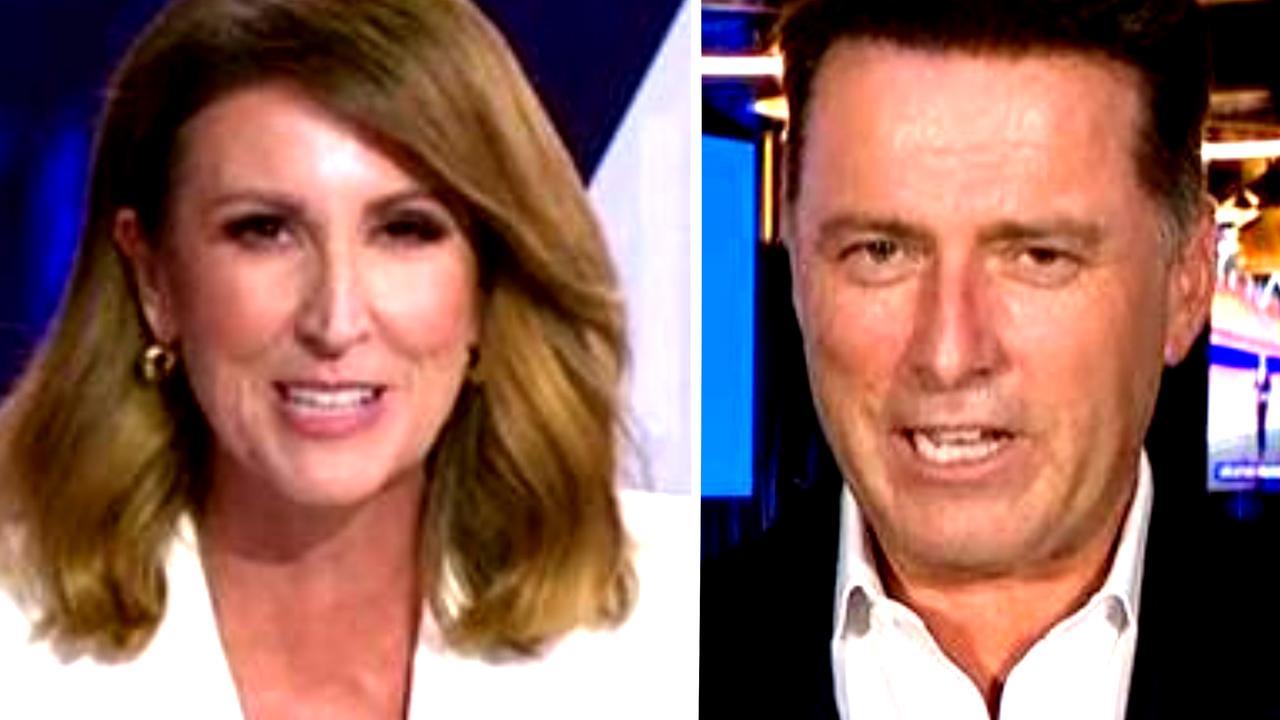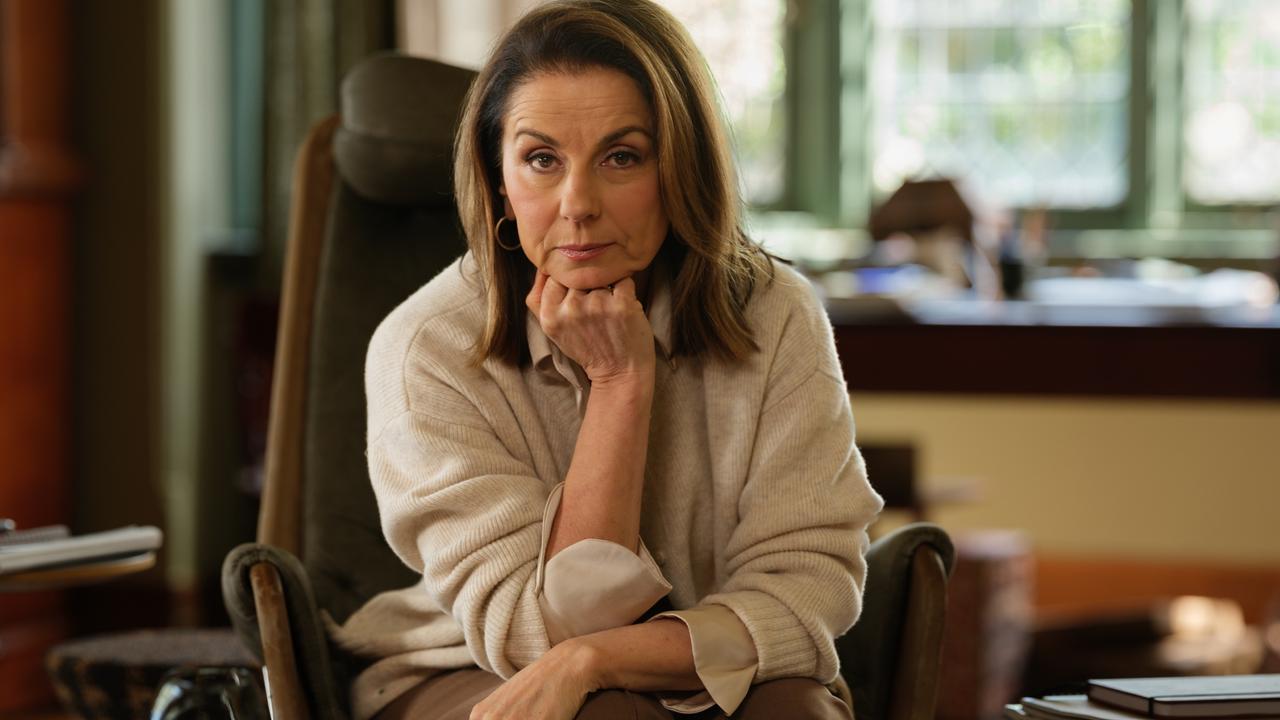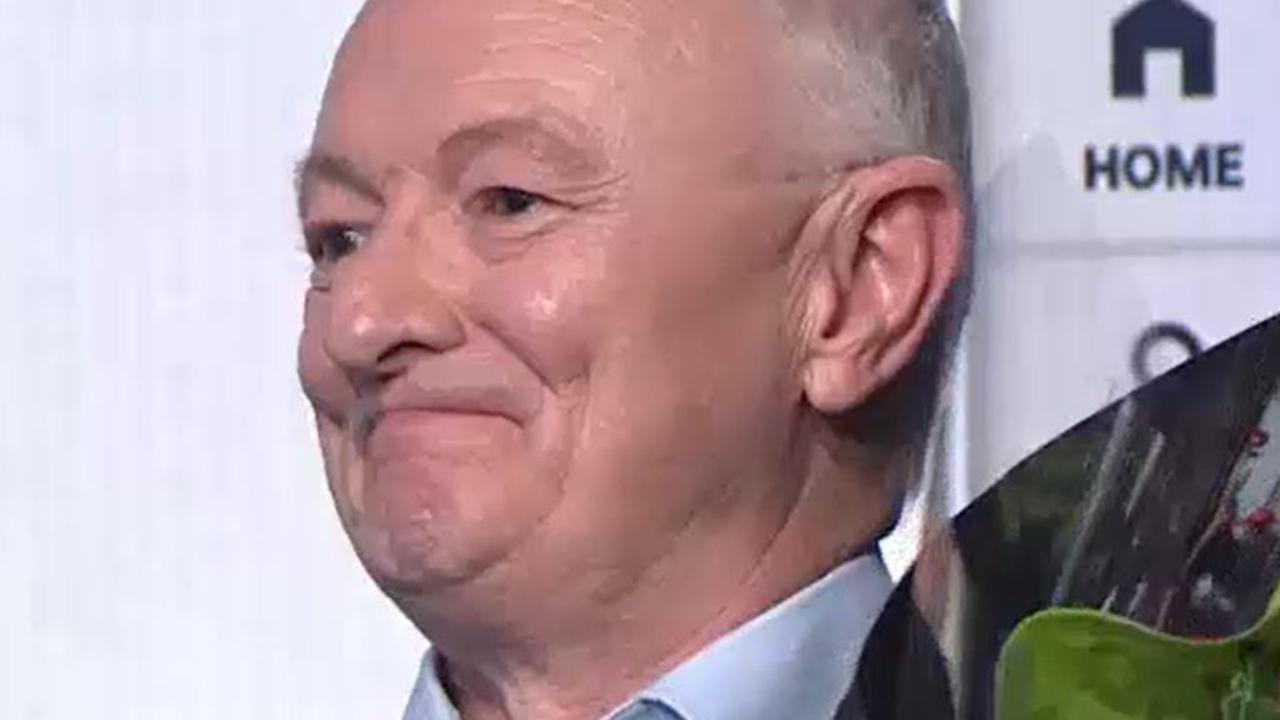Sex lies and royal betrayal: Princess Di’s bombshell interview
It was Princess Diana’s bombshell interview, when she laid bare the royal family’s secrets and infidelity, but was she tricked into it?
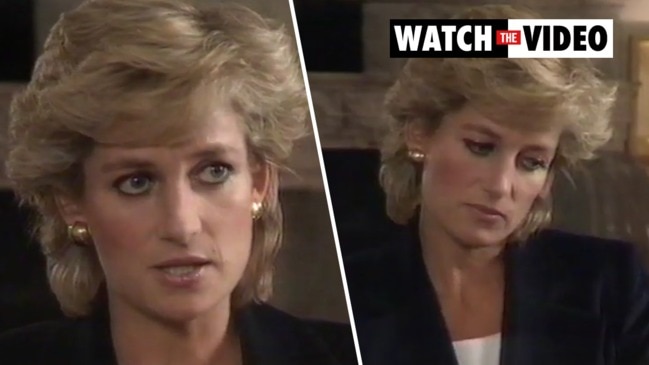
It was Princess Diana’s bombshell interview, when she laid bare the British royal family’s secrets, scandals, infidelity and betrayal.
It was November 20, 1995 when it aired and the revelations that Diana, Princess of Wales, made about her marriage and what went on in the seemingly sacrosanct lives of the British royal family sent shockwaves around the world.
Diana candidly opened up to relatively unknown BBC reporter Martin Bashir about her marriage to Prince Charles and her life as a member of the royal family.
A remarkable 22.8 million people in Britain, as well as a huge worldwide audience, tuned in to watch as the Princess broke every rule of royal protocol.
It was one of the most memorable moments in television history – a program which split the higher ranks of the BBC and threatened to bring down the monarchy.
The quotes from Princess Diana, who at the time was isolated and estranged from her errant husband Prince Charles, are still quoted today.
RELATED: Meghan and Harry’s touching tribute to Princess Diana in pregnancy news
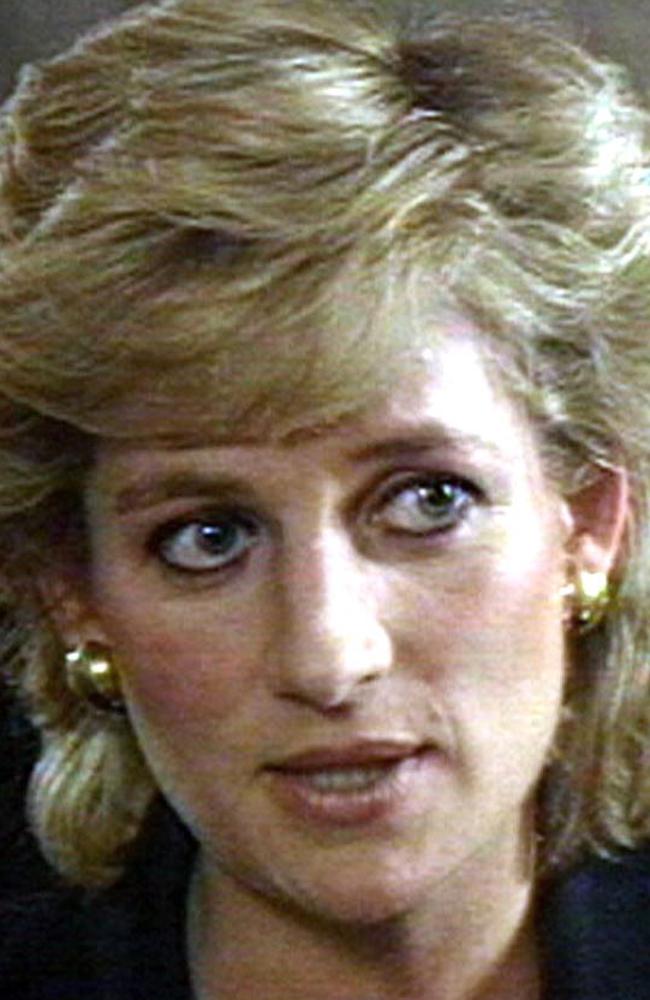
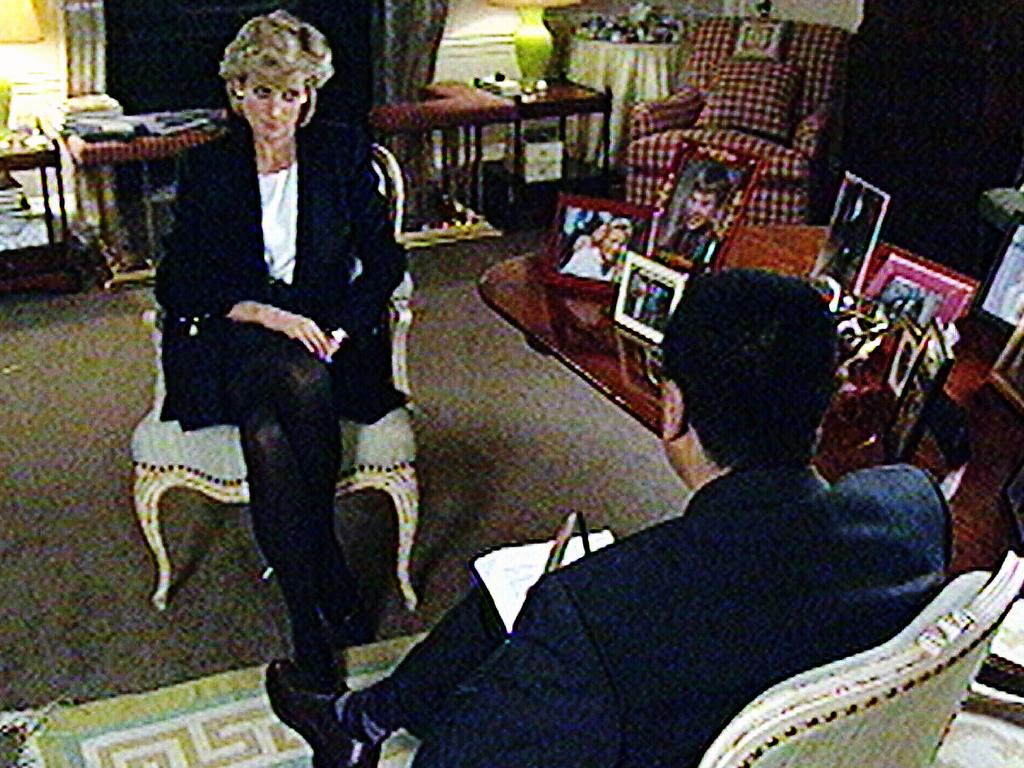
Asked by Bashir if she thought she’d ever be queen, Diana replied no she didn’t.
But she said, “I’d like to be a queen of people’s hearts, in people’s hearts, but I don’t see myself being Queen of this country. I don’t think many people will want me to be Queen.”
Also asked about if Charles’ infidelity with Camilla Parker-Bowles broke up her marriage, Diana answered, “Well there were three of us in this marriage, so it was a bit crowded.”
But was Diana tricked into doing the famous interview, or did she do it deliberately to get her revenge against the royal family?
A documentary aired on SBS on Sunday night, Diana: Interview That Shocked The World,
examines the background leading up to the explosive interview which the princess planned in secret.
The documentary reveals how the interview transformed not only Diana’s own life, but the culture of Britain itself.
While the media turned on Diana and her revelations drove an even bigger wedge between her and the royal family, the public “loved it”.
The Queen told English theatre director Sir Richard Eyre over lunch not long afterwards that her daughter-in-law had done “a frightful thing”.
The price Diana paid was the Queen sent a letter to her and Charles telling them they must divorce.
“Piece by piece, Diana had demolished the fairytale fantasy that had once been her prison,” the documentary says.
“Many in both the establishment and the media had punished her for revealing a more complex reality”.
The tone of this was reflected in a Newsnight program which aired immediately after the Panorama interview, on which a friend of Prince Charles described Diana as in “advanced stages of paranoia”.
Broadcaster and journalist, Bidisha Mamata described this response as “medieval. If you want to trash a woman, say that she’s mad”.
But the public reaction was positive.
Richard Kay, a former royal correspondent for the Daily Mail, said Diana’s honesty about her post natal depression, self harming and bulimia struck a chord with the public in the 1990s when people didn’t speak about mental health.
RELATED: Meghan’s emotional statement after court win
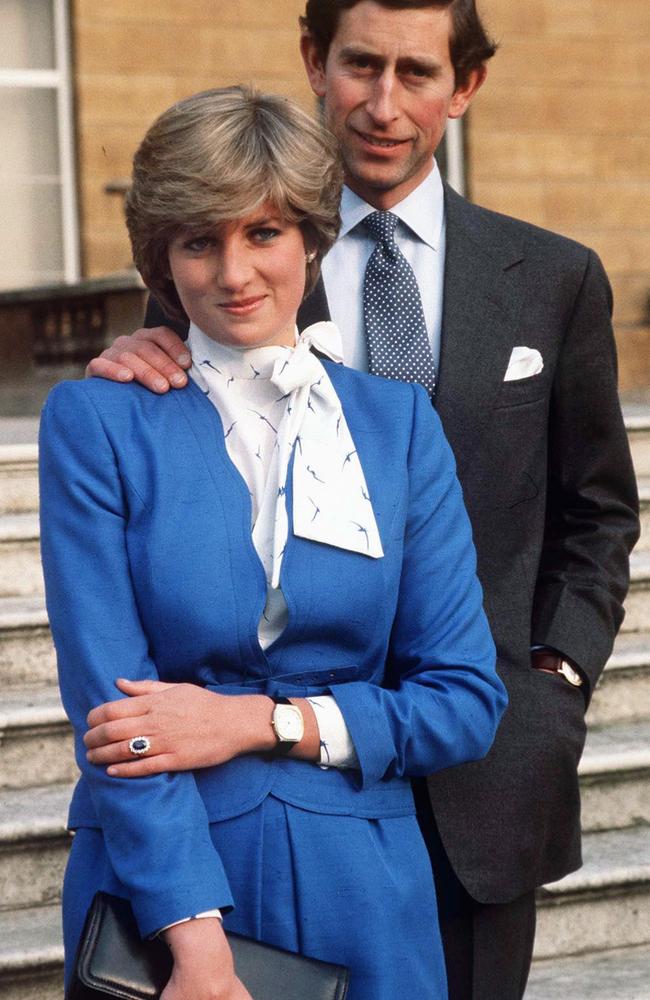
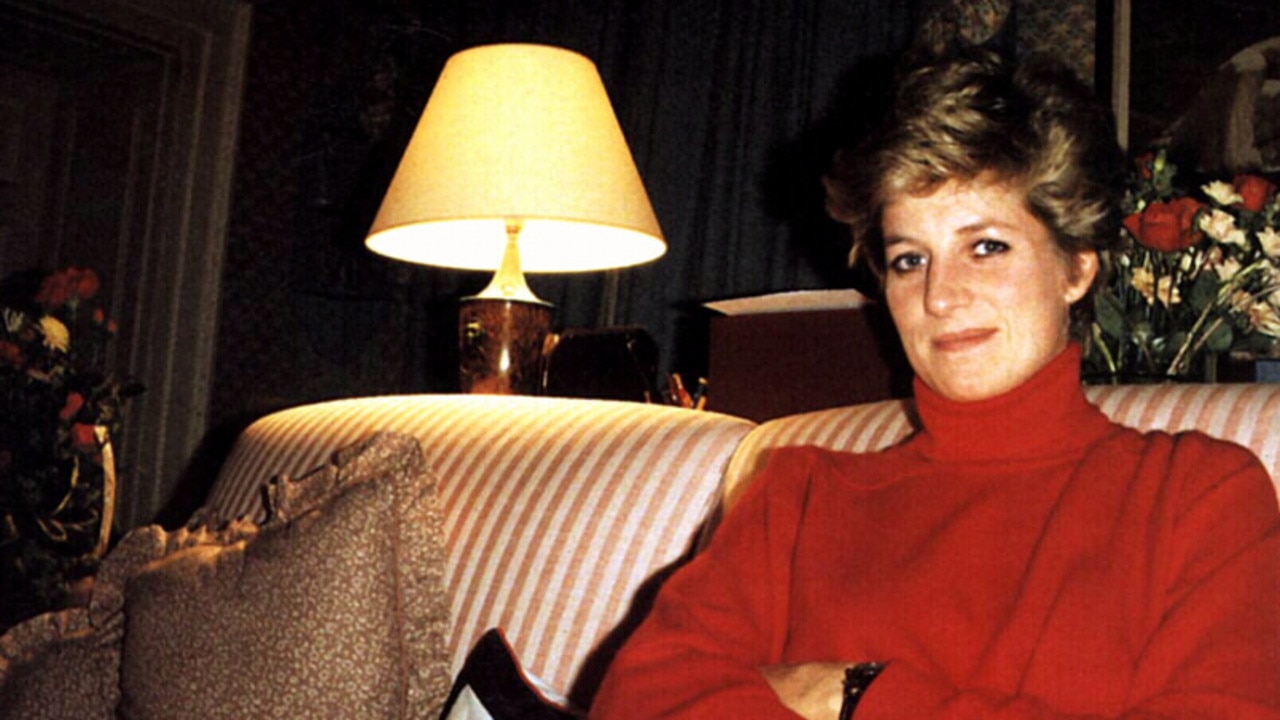
“She did wear her heart on her sleeve,” he said.
Afterwards, press attention for Diana became “stratospheric” and the program says, that lit the fuse for Diana’s eventual tragedy.
But it also fuelled an enduring and positive legacy carried on by her sons, Prince William and Harry today.
Investigator Chris Blackhurst, a former reporter on the Independent, found out how Martin Bashir beat his better connected rivals into getting the scoop interview of the century.
Blackhurst said Diana’s brother Earl Spencer was suspicious of the security services spying on Diana and their family and deliberately fuelled this fear.
“And he realised as he got further in that he was getting closer and closer to a fantastic prize, which was a sit-down interview with Princess Diana,” Blackhurst said.
“Martin Bashir was telling people that he had a source within MI5 who was telling him that the Princess was being watched and being followed.”
Bashir had produced a number of fake documents forged by a graphic artist which purported to show payments made to senior palace courtiers.
These were meant to encourage Diana to speak out because she had been surveilled and duped by the palace.
But according to those who knew her, Diana was more than willing and eager to do the interview.
Prince Charles had done one himself with legendary British TV interviewer Joanthan Dimbleby, who asked: “Did you try to be faithful and honourable to your wife when you took on the vow of marriage?”
Prince Charles replied, “Yes, absolutely” and the added “Yes. Until it became … irretrievably broken down.”
The documentary claims “there was something about how (Diana) felt Charles had come out of the Dimbleby interview that there was also a frankness about that interview that she actually quite admired.
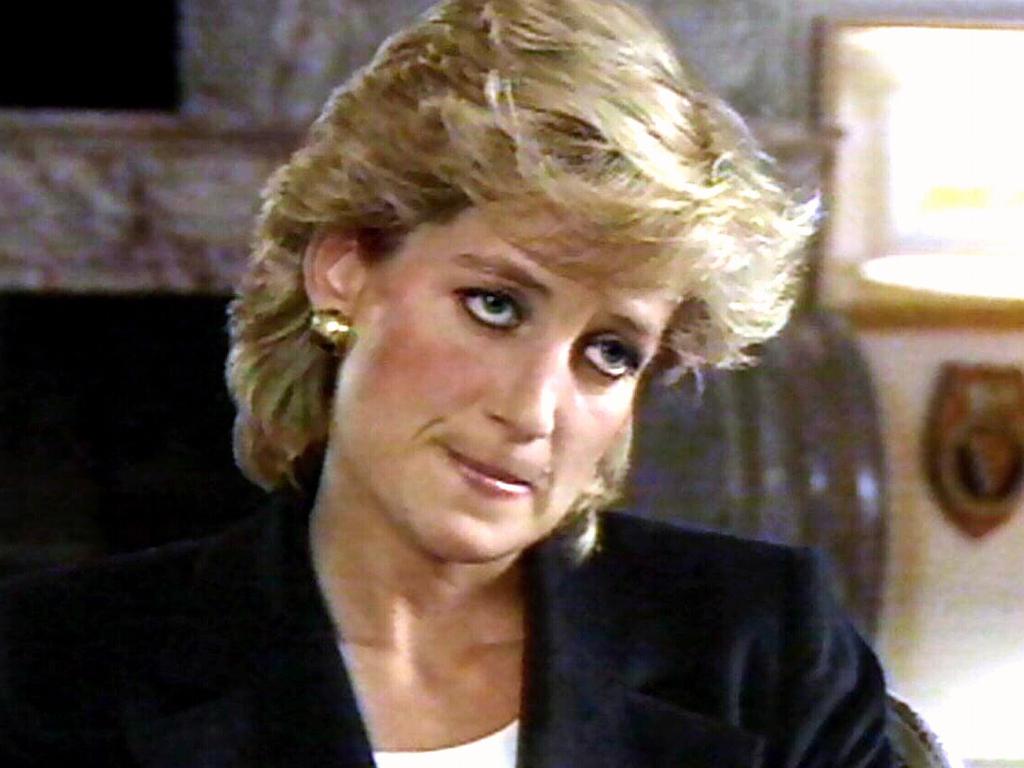
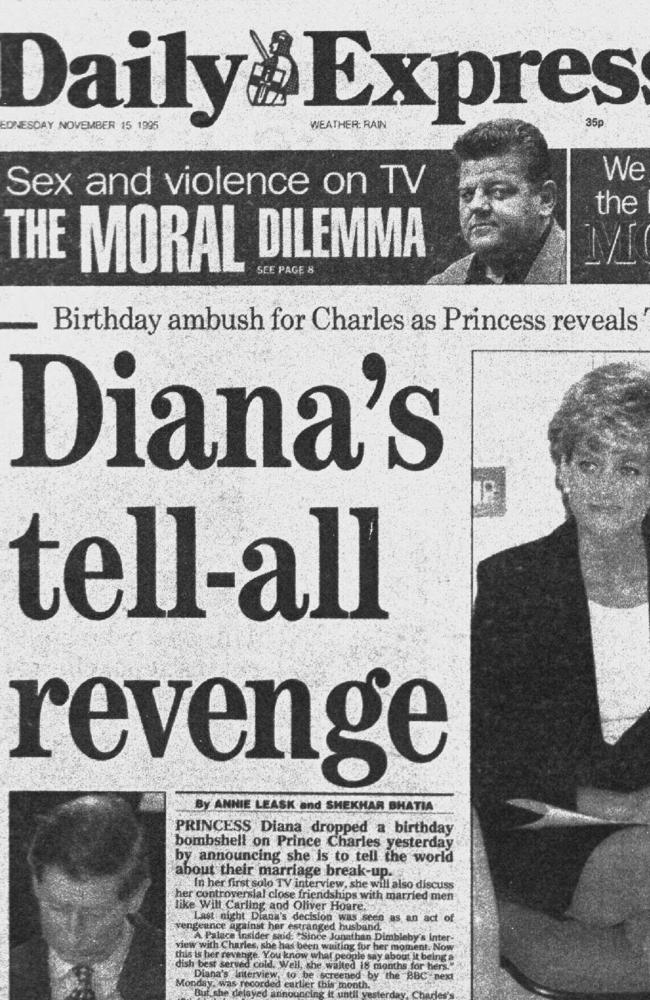
“And she began wondering and talking about whether she should do something herself, after over a decade of staying silent on camera.”
Richard Kay was certain Diana was willing.
“The Diana I knew wanted to do that program. She was going to do it whether she’d been shown a forged document or not,” he said.
“Secrecy was the key. Martin was not prepared to go down the general accepted path in order to secure a royal interview.
“Approaches from the high-profile interviewers that went through the filter of the official palace press machine were never successful.
“Of course, Martin was a secret. No-one knew about him and that was his biggest asset.”
After weeks of secret meetings with Diana, Bashir’s negotiations finally paid off.
A skeleton BBC crew – just a cameraman, a producer and Bashir – was smuggled into Kensington palace on the evening of November 5, 1995.
Diana and Bashir had discussed the questions he would ask.
Diana’s former butler, Paul Burrell said “Diana knew exactly what the questions would be and had been coached by Bashir on how to answer them”.
The BBC knew after the interview was completed that its was sitting on television dynamite.
One of exchanges between Bashir and Dina that would shake the royal family to the core was the notion that the that the line of monarchy might skip Charles entirely.
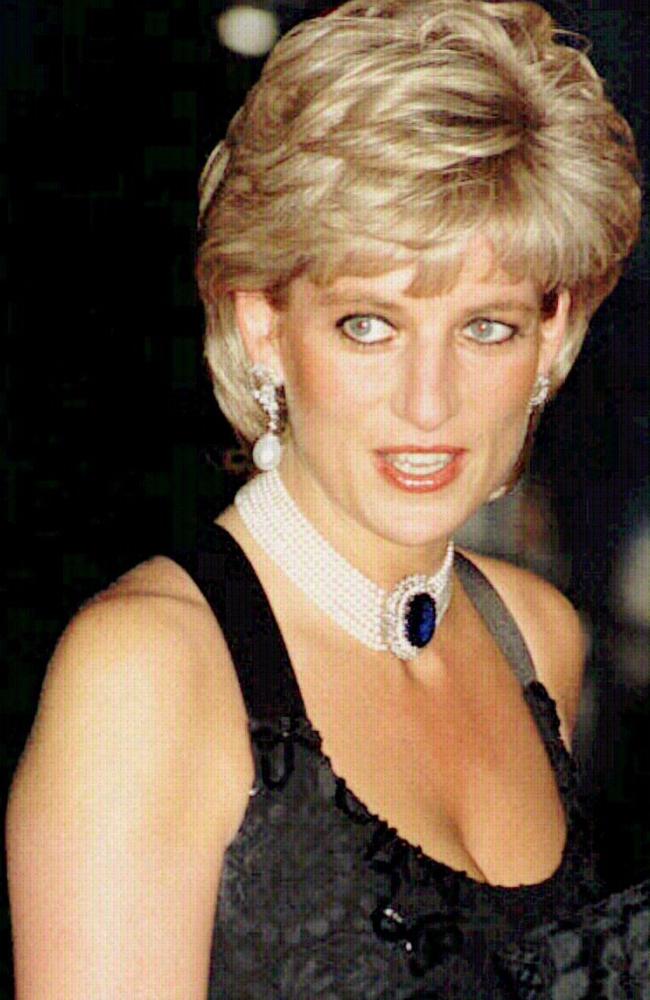
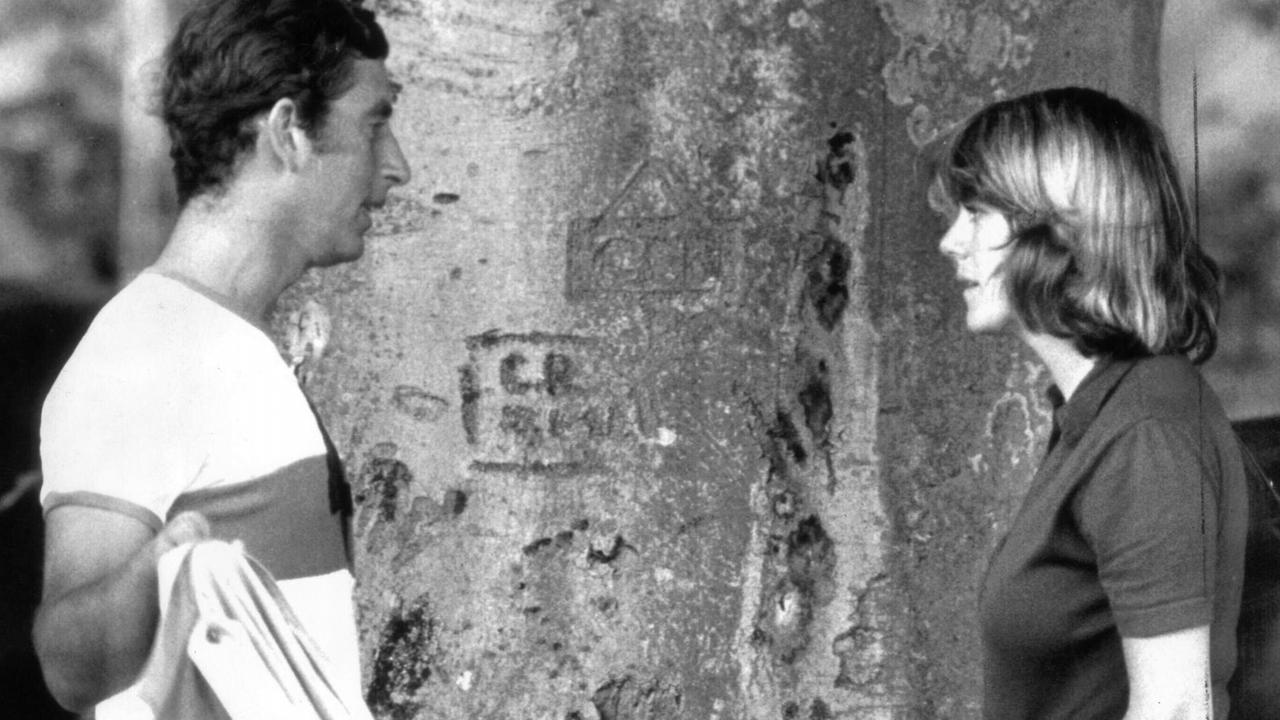
BASHIR: “Do you think the Prince of Wales will ever be King?”
DIANA: “I don’t think any of us know the answer to that. And obviously it’s a question that’s in everybody’s head. But who knows, who knows what fate will produce, who knows what circumstances will provoke?”
BASHIR: “But you would know him better than most people. Do you think he would wish to be King?”
DIANA: “There was always conflict on that subject with him when we discussed it, and I understood that conflict, because it’s a very demanding role, being Prince of Wales, but it’s an equally more demanding role being King.
“And being Prince of Wales produces more freedom now, and being King would be a little bit more suffocating.
“And because I know the character I would think that the top job, as I call it, would bring enormous limitations to him, and I don’t know whether he could adapt to that.”
The broadcast was scheduled for just over two weeks later, and keeping it secret was key.
With filming in the can, editing was done in secret far away from the BBC, in a hotel room in Eastbourne on the southeast coast of England.
As one of the show’s editors said, “This program is going to mean either the end of the BBC or the end of the Royal Family, or possibly both.”
As the airing date loomed, it was left up to Diana to inform the royal family what she had done and she told the Queen’s private secretary Robert Fellowes.
Word leaked out to the press over the week building up to the interview being broadcast. Chaos ensued.
On the night it was broadcast the Buckingham Palace press office team watched in horror.
Dickie Arbiter, royal spokesperson now turned royal commentator said, “We were gobsmacked … angry at what was coming out … it wasn’t true”.
The media went berserk, with almost every sentence uttered by the princess a story in its own right.
Forced into divorcing Charles, which she didn’t want to do, Diana was pursued by the media every time she went out but also, unexpectedly, by the public.
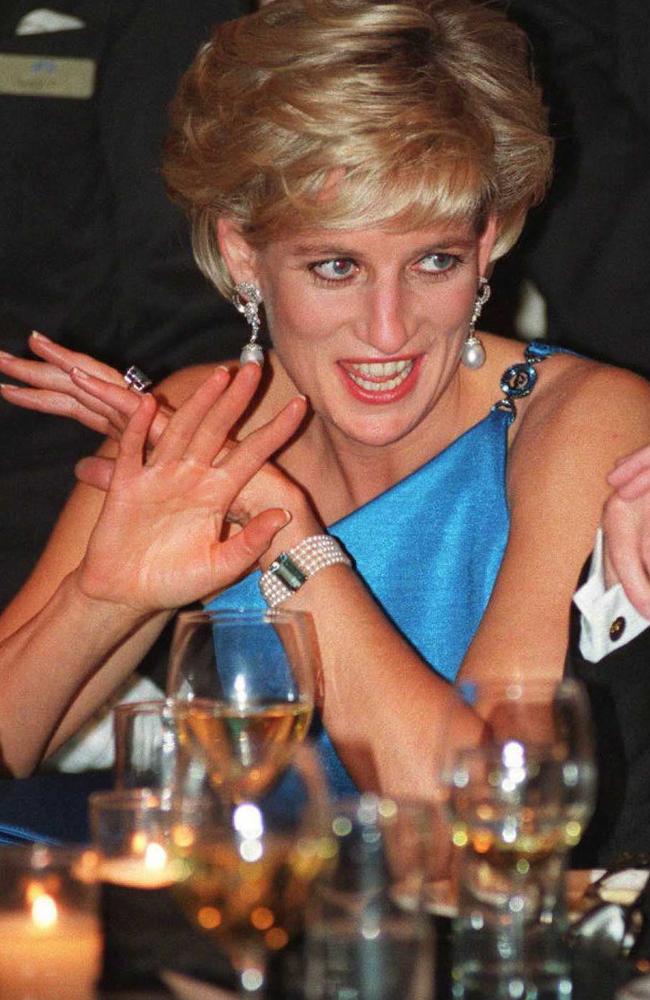
She received 6000 letters of support from women, thanking her for speaking out about post natal depression and mental health issues.
She had people coming up to her in the street.
In the Panorama interview, Diana had expressed a wish to become an ambassador for her country and it proved “a springboard into another dimension”.
It gave her immense credibility with the likes of Prime Minister Tony Blair, US president Bill Clinton and his wife Hillary and others.
Tony Blair later admitted that he had explicitly discussed with Diana a special role as an overseas ambassador.
“She found friends that were in government. She’d never had that before. So perhaps things were getting brighter for her,” Paul Burrell said.
“It would have been the culmination of everything Diana had sought to achieve with Panorama,” the documentary says.
“Yet the interview had also set in motion another set of forces that would soon have far darker consequences.
“By 1997, the Panorama interview had liberated Princess Diana to pursue a bold new ambassadorial role.
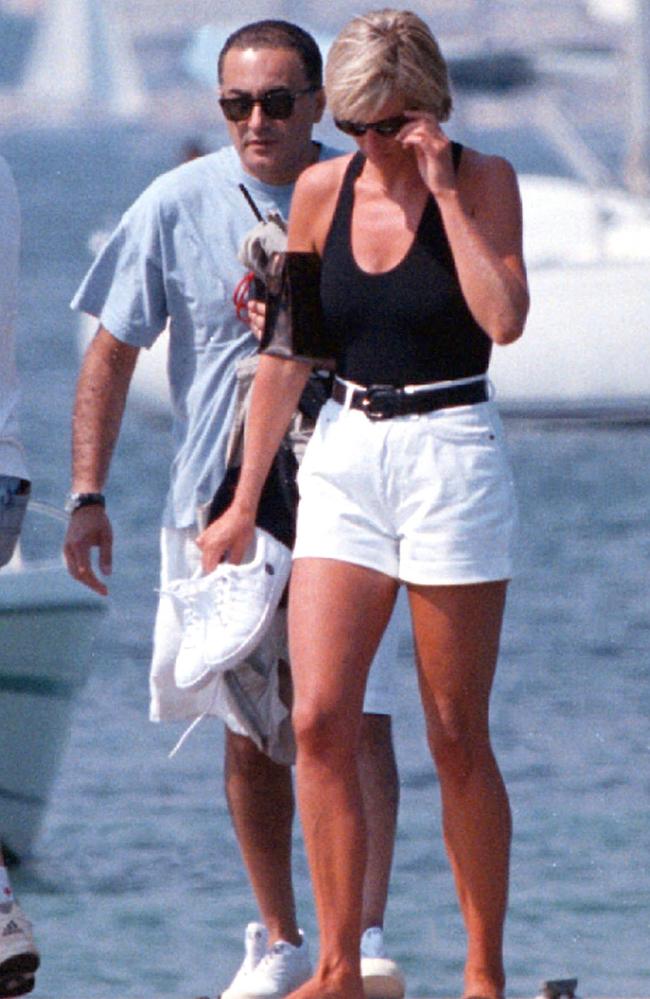
“Yet this new, even more prominent public profile had also fed a far darker force.
“Panorama made her even more sensational.
“She had given this interview that everybody was talking about. Of course, press attention, public attention went stratospheric.”
When she began a romantic fling with Mohammed Al-Fayed of Harrods’ son, Dodi,
“the hunt was on”.
For 44 days there was a media frenzy, with paparazzi pursuing Dodi and Diana in France, and eventually, on August 31, 1977, down the Pont l’Alma tunnel in Paris.
In the crash which took Princess Diana’s life, Dodi and the car’s driver Henri Paul were pronounced dead at the scene, whereas she was taken to hospital where she died.
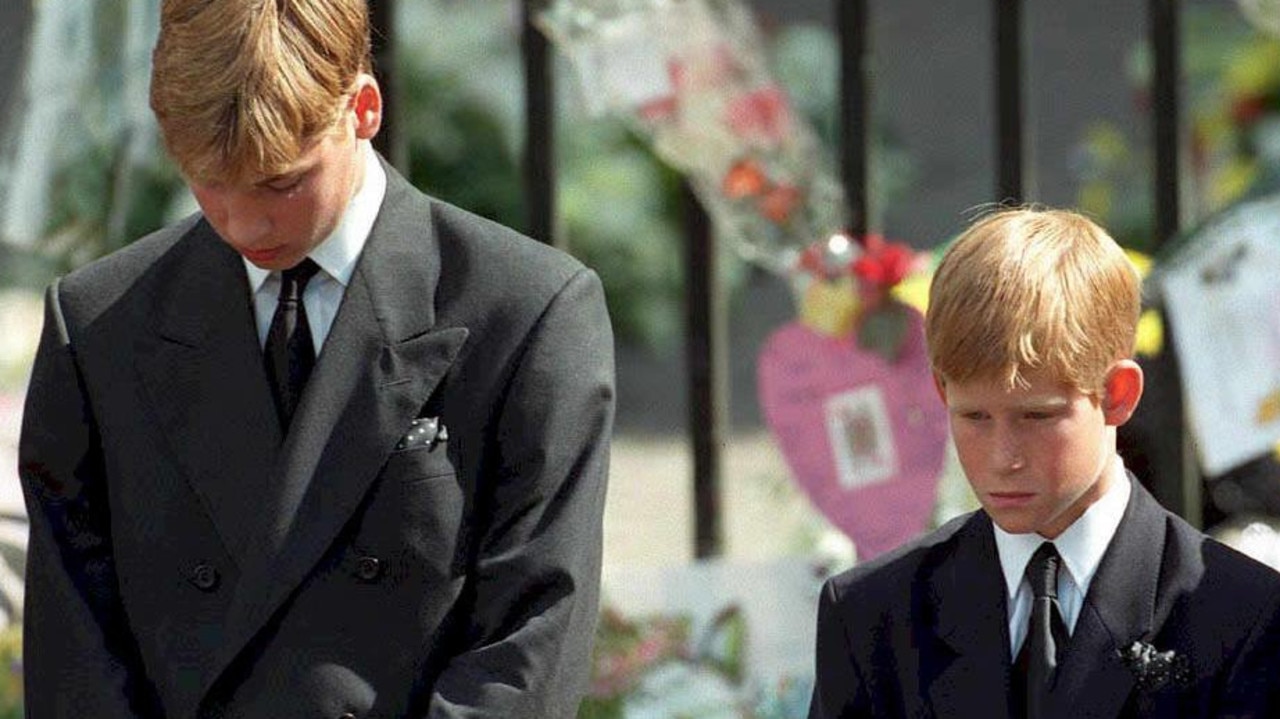
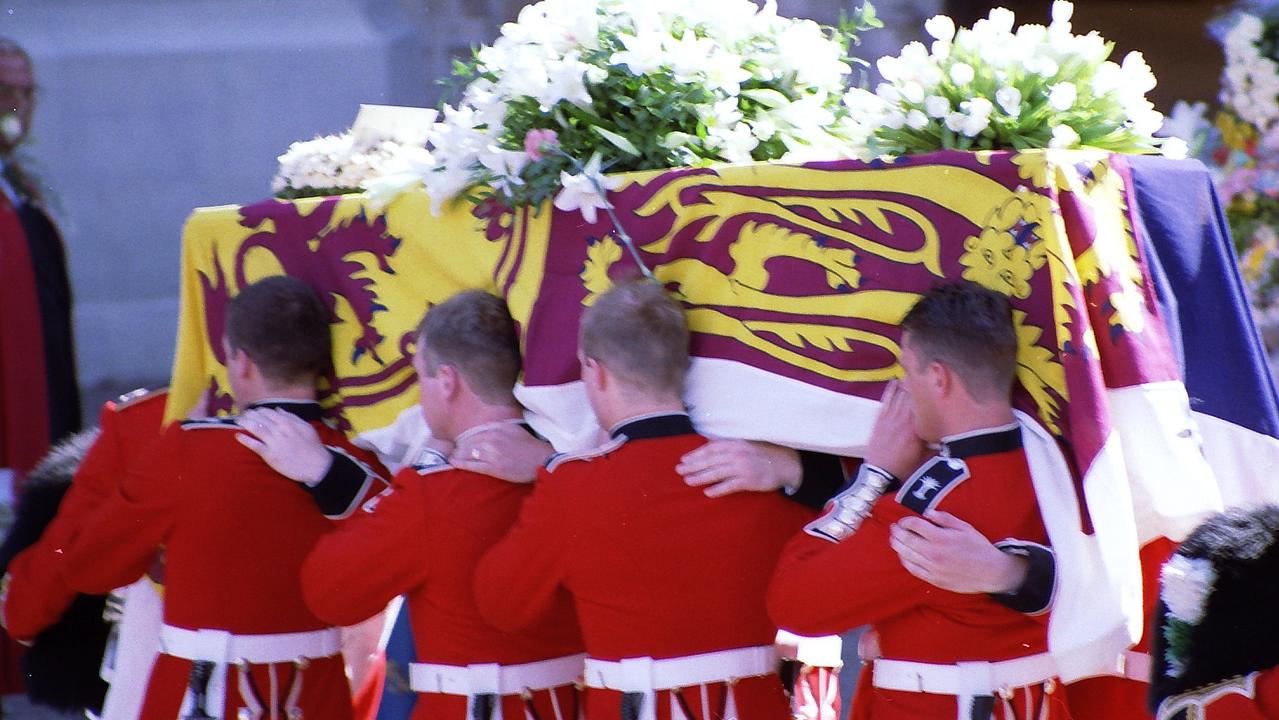
After her death, the Panorama broadcast continued to have its effect.
People who had never met her, but who had remembered her words in the program wanted to be there to show their respect for her.
Audiences probably came to believe that they knew Diana in a way that they didn’t know other members of the royal family.
At Kensington Palace, a mountain of flowers grew at the gate as people came in their droves to leave tributes to the “People’s Princess”, the princess of hearts.
“I think ordinary people understood that here is a woman who is on a journey,” Bidishi Mamata said.
“She’s on a journey from being the obedient woman to being the slandered woman.
“To being what should have been the fulfilled, self-actualised woman and her death cut that narrative short.
“Princess Diana’s interview was a real watershed in lots of ways with the generation that follows.
“No-one laughs at talking about mental ill health.
“It’s not weak to talk about your emotions. It’s actually strong. It’s seen as something that celebrities should be doing.”
As the documentary says, people who don’t behave like Princess Diana are the abnormal ones today and Princes William and Harry have continued on with their mother’s legacy.


